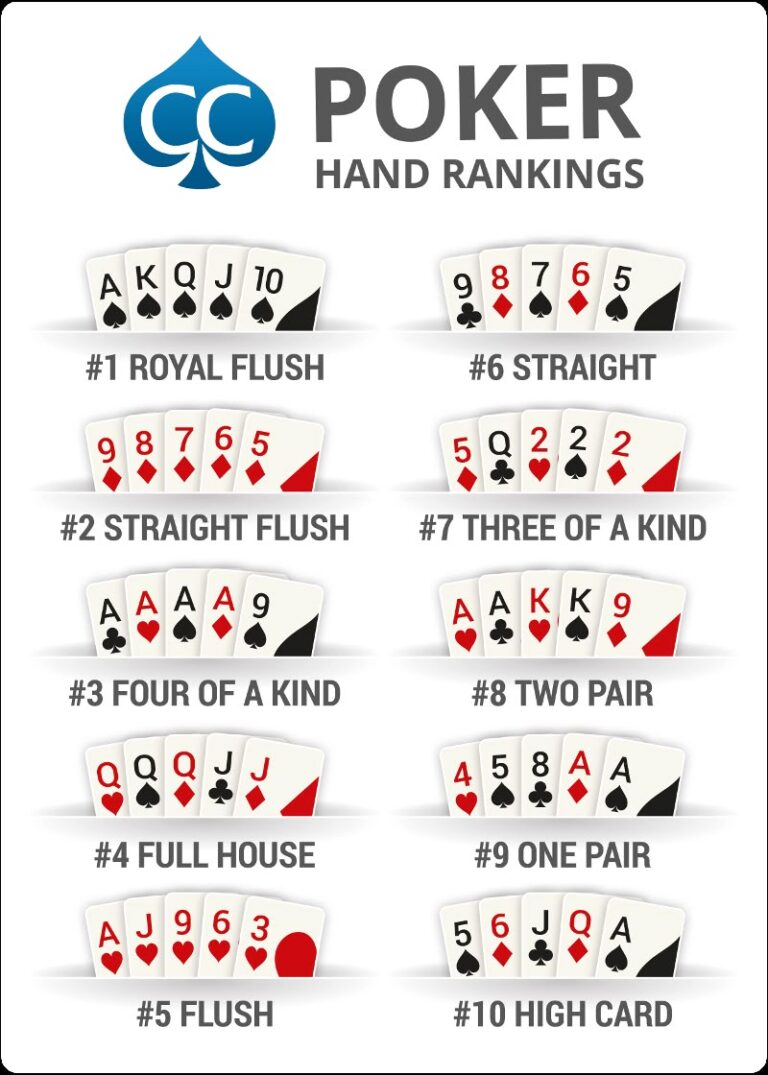Dunia hiburan digital tahun 2026 sedang dihebohkan oleh fenomena Wukong Black Scatter, sebuah ekspansi mekanik yang menggabungkan...
Memasuki tahun 2026, lanskap hiburan digital telah berubah menjadi ekosistem yang sangat canggih dengan integrasi kecerdasan buatan...
Panduan Lengkap Bermain di SBOBET 2026: Strategi Taruhan Cerdas, Bonus Terbaru, dan Tips Menang Konsisten Panduan Lengkap...
Sambut Imlek dengan Baccarat Live Paling Hoki dan Slot Online Gacor untuk Menang Besar Baccarat live paling...
Trik Psikologi Poker Online: Cara Bluffing Seperti Pemain Pro Terlebih lagi, saat kita menapakkan kaki di arena...
Slot Online vs Slot Kasino Mana yang Lebih Menguntungkan Perkembangan teknologi digital telah membawa perubahan besar dalam...
Permainan judi slot online menjadi salah satu hiburan digital paling diminati karena menawarkan sensasi cepat, tampilan menarik,...
Kamboja kerap menjadi sorotan dalam pemberitaan regional Asia Tenggara, terutama terkait perkembangan industri hiburan dan regulasi bisnis...
Menjelang akhir tahun 2025, banyak pemain slot online mencari hiburan yang seru sekaligus menantang LIVE123 menghadirkan solusi ideal...
Seiring perkembangan teknologi digital, masyarakat semakin mudah mengakses berbagai bentuk hiburan daring. Saat ini, orang menggunakan perangkat...
SBOBET88 Tempatnya Strategi Keberuntungan Bermain Judi Bola Di era digital yang semakin terhubung, judi bola online bukan...
Dunia perjudian online telah berkembang pesat dalam beberapa tahun terakhir, dengan permainan slot menjadi salah satu pilihan...
Dalam beberapa tahun terakhir, permainan slot online telah menjadi salah satu bentuk hiburan digital paling populer di...
Industri judi online terus berkembang pesat, dinamika peluang daya tarik utamanya adalah kesempatan meraih keuntungan besar dalam...





















